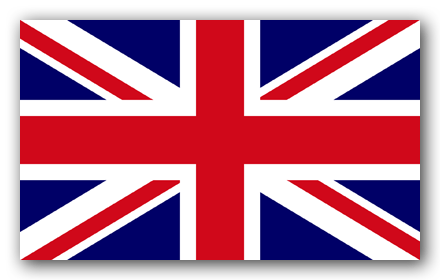Hello,
Milo here; I will be taking over Nazia's blog for this post and I'm
here to convince on you why you should consider to be a cat! Before I get
started I thought it would be nice if I told you a little bit about
myself.
To begin with, I am a male, Maine coon cat and I am six months old. I am originally from Buckinghamshire and
I was 12 weeks old when Nazia and her family drove all the way to
Buckinghamshire, to bring me to Swansea to be a part of their family.
My favourite pass time is playing on my activity tree and bird watching.
Well,
let's get started and by the end of this blog, I will have hopefully
convinced you to give up your boring human lives and switch to becoming a
cat.
1) Wake up late in the afternoon; no one to tell you when to wake up
2) No financial worries- free food provided at ALL times
3) You will get groomed daily - no effort needed in looking your best
4) Play for hours on end on giant activity trees, with toy mice and much, much more
5) You can bird watch from the convenience of any window (No need for TV, this is a better choice)
6) Unfortunately, we all still have essays to write and work to do (I promise this is the only drawback!)
7)
Sleep for hours and hours, dreaming about chasing mice and eating your
favourite food (which is available for you in the morning)
Have you changed your mind?




